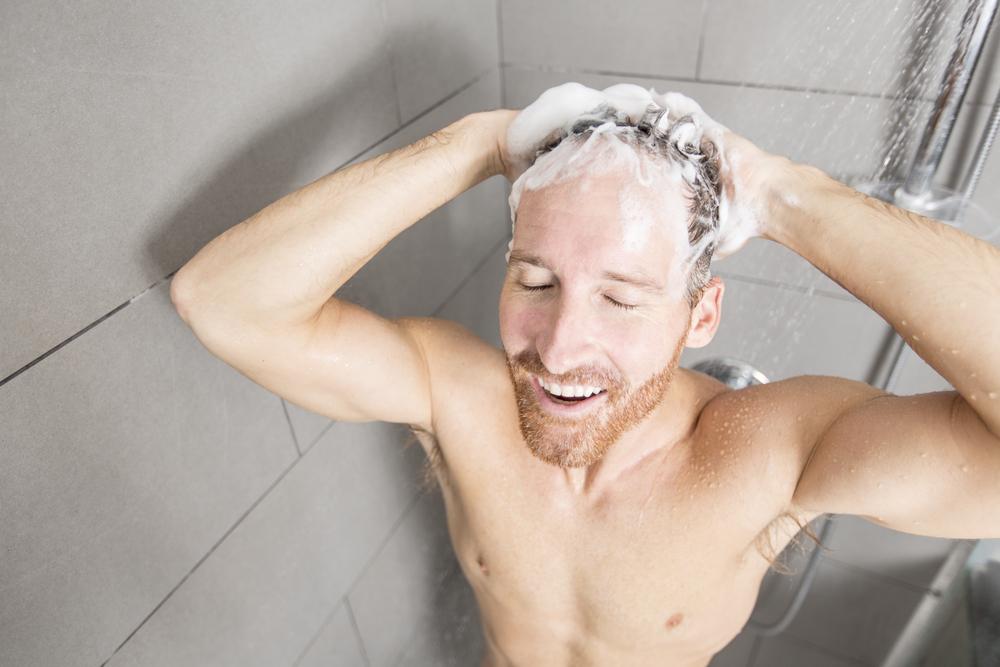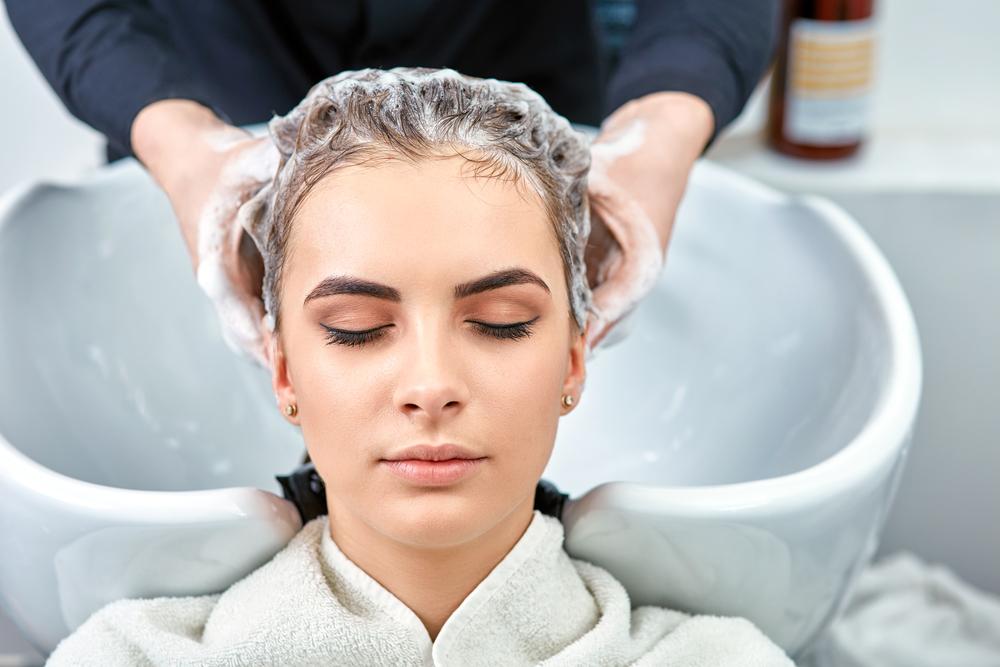Things to Consider before Buying a Moisturizing Shampoo for Dry Hair
There are different types of scalps and hair. One must choose a shampoo as per the scalp type. Those who have dry scalp and dry hair need to pay special attention to their hair care routine. This is because this type of hair is fragile and more prone to breakage. It could be a difficult proposition to choose a moisturizing shampoo for dry hair. A little knowledge would help to choose the most appropriate shampoo as per your scalp and hair type.

Hydration is the key
As already stated before, dry hair needs to be cleaned with hydrating and moisturizing shampoo since they are prone to split ends. Hair fall is also an issue with people with dry hair. Choosing an oil-based shampoo is also a good idea. This kind of shampoo offers moisture and hydration to the hair. Moreover, they are formulated to combat roughness and frizziness as well.
Sebum is important
If your shampoo has olive oil, coconut oil or any essential oil as its ingredient then is going to be an advantaged since these oils work as sebum. Sebum is the fatty oil found in the scalp that assists dry hair to replenish the strength and moisture that it has lost. Thus, the importance of sebum is immense to have healthy hair.
Choose a sulfate-free shampoo
Dry hair is also a result of sulfate found in your shampoo. It makes hair follicles dry and rough. Thus, when you are looking for dry hair shampoo, choose the one that does not contain sulfate. Herbal and organic shampoos would not contain this ingredient.
You must know that when you use a shampoo with high sulfate content, your hair is stripped of its natural oils and become drier. Sulfate can really clean your hair very well but wrecks havoc on the scalp’s natural oil. A shocking fact about sulfate is that it is also used in laundry detergents and dish-washing agents.
Never use a volumizing or strengthening shampoo
The ingredients and chemicals present in volumizing or strengthening shampoo are not meant to provide moisturization to your dry hair. If you have dry hair, they will become drier with regular usage of such shampoo. Choose a shampoo with low pH level since higher pH damages the hair cuticles. Moisturizing shampoos would always have lower pH levels than regular ones.
Check for certain essential ingredients
Check the list of ingredients on the back of the shampoo and look for contents like hemp seed oil, tea tree oil, silk, jojoba oil, and milk proteins. All these are meant to provide extra moisture to your dry hair. Thus, go for the shampoo that has one or some of the ingredients.
Know the importance of conditioning
Dry hair needs conditioning after shampooing. So, buy a nourishing conditioner that will revitalize parched strands and take care of frizz and roughness of your hair. Go for deep conditioning as well once in a week.
Go organic
It is always advisable to go for organic products. At least go for herbal or natural shampoos if you cannot afford organic shampoos or they are not available in your locality.
Some of the best shampoos in this category are:
- Burt’s Bees shampoos
- Dr. Organic Rose Otto Shampoo
- Avalon Organics Tea Tree Mint Treatment
- The Body Shop Banana Shampoo
- Organix Hydrating Macadamia Oil Shampoo
- Desert Organics Coconut Shampoo
- Paul Mitchell Awapuhi Wild Ginger Moisturizing Lather Shampoo
Shampooing tips for dry hair
- Shampoo your hair 2 to 3 times in a week. Daily shampooing can strip off the natural oil from the hair.
- Apply the shampoo to your scalp and work your way down gently to the ends. Do not repeat the process.
- Never use hot water on your hair. Even if you stay in a cold region, wash your hair separately in cold water but not ice cold water. If required, you can also use lukewarm water to wash your hair but do the last rinse with cold water only.
- Use conditioner meant for dry and damaged hair.
- Avoid towel drying your hair. Use a T-shirt instead.




